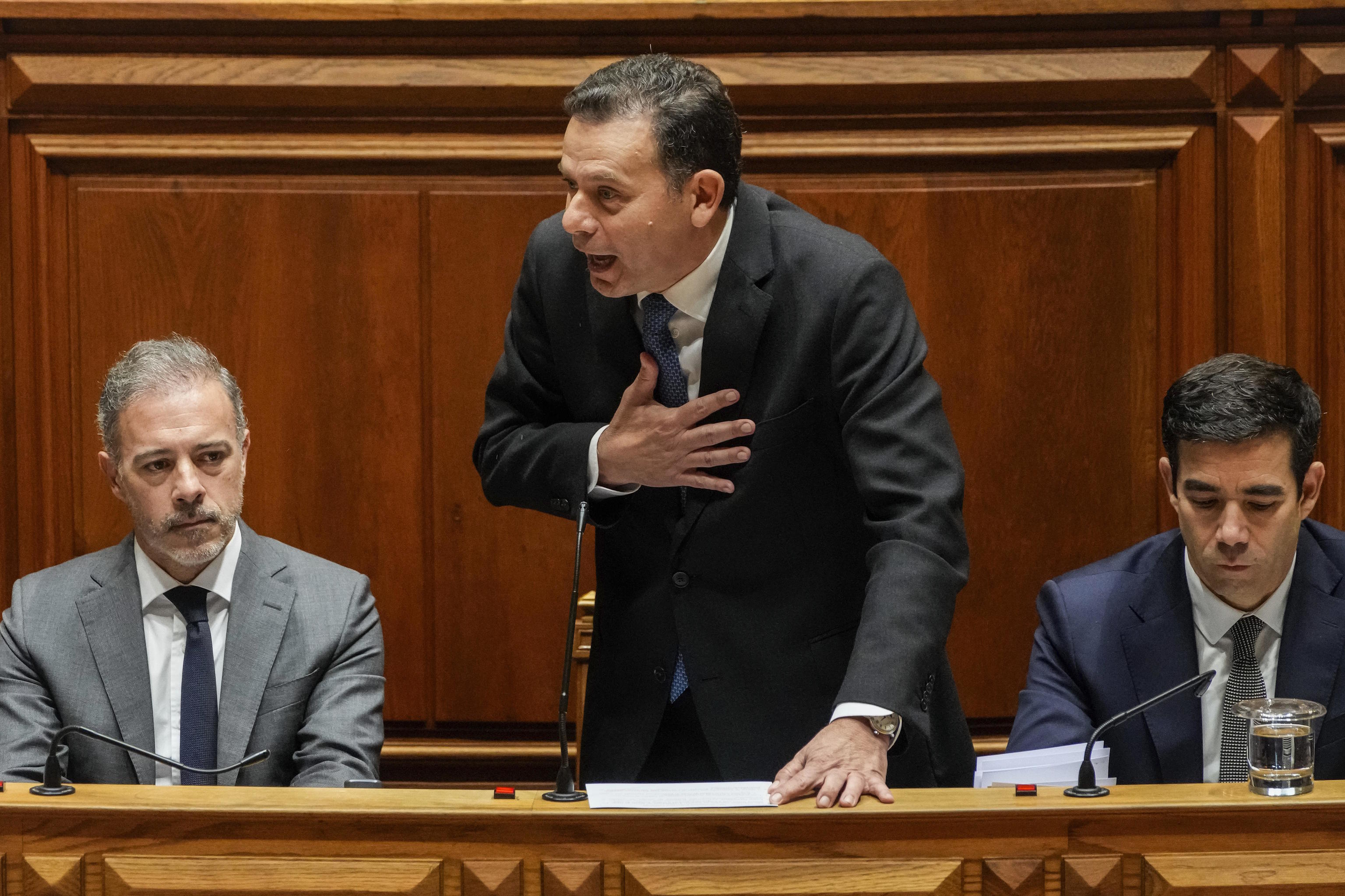Luís Montenegro, the winner of the elections on May 18 in Portugal, has been re-elected as the Portuguese Prime Minister. With the Assembly of the Republic now complete, having elected the four deputies from the overseas constituencies, the President of the Republic, Marcelo Rebelo de Sousa, has made a new round this Thursday with the parties represented in parliament and has decided as expected: to reappoint the leader of the Social Democratic Party (the center-right in Portugal) as head of the Government.
The leaders of the Socialist Party - Carlos César, provisional general secretary until primaries are held - and Chega, André Ventura, have confirmed that they will not vote against Montenegro's government program. Rebelo de Sousa had set this condition for appointing the Prime Minister, as the country will not be able to hold elections in the next year.
The Portuguese leader will once again be in the minority, although strengthened compared to his previous result (he has 91 seats compared to the 80 in 2024, but the absolute majority is at 116).
The new leader of the opposition will be the radical Ventura, with 60 seats. In third place for the first time in the history of the country's democracy, the Socialist Party will have 58 deputies. This party starts the legislature very weakened after suffering the biggest setback in its history at the polls.
After the resignation of the former general secretary, Pedro Nuno Santos, only one candidate has so far presented himself to lead the PS, the former minister José Luís Carneiro. This leader, from the centrist wing of the party, is currently trying to revive what in Portugal is called the central bloc, a major agreement between center-left and center-right that could facilitate governance.
Nevertheless, the legislature will be uncertain because the parliamentary weakness of the Prime Minister will be similar to what abruptly ended two months ago, and the Spinumviva case, a supposed issue that could lead to a significant conflict of interest between the Prime Minister's company and his position as head of the Government, could resurface.
Montenegro, after being appointed Prime Minister this Thursday, confirmed that he has no intention of initiating a constitutional reform without the support of the PS, as requested in recent days by Iniciativa Liberal and Chega. But he will also not seek a "permanent governance agreement" with a single political force.
For now, and in terms of statements, the apparent future leader of the PS is extending a hand to the future Government, softening the harsh opposition strategy carried out by Pedro Nuno Santos, which has yielded poor results for this party that until just over a year ago governed with an absolute majority.
